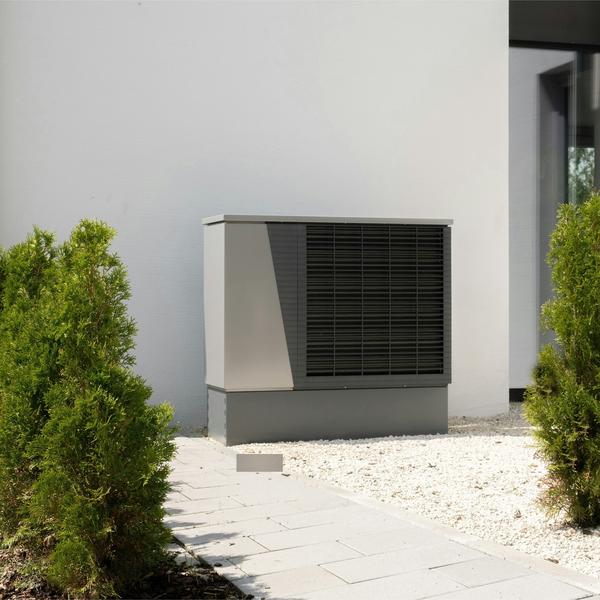Private housing in multi-family buildings
Pilot locations in Belgium
This pilot empowers residents and trustees with detailed energy diagnostics and microservices across four buildings – 160 smart-monitored apartments generating over 1,100 data points per hour – to support solution clustering and replication.
Core technologies:
AI solutions from Third Parties:
An AI assistant that answers user queries, provides predictive insights and guide users.
AI-based OCR for energy meters data based on photos to improve operational efficiency.
Mechanisms to increase user engagement through for example behavioral analytics, gamified energy challenges and personalized goals.
Problem addressed: The energy management process in residential and multi-unit smart buildings is facing two challenges: (1) the manual, error-prone commissioning of energy meters after building construction, and (2) the lack of engaging and effective tools for residents to interact with their energy consumption data.
Expected outcomes: Enhanced energy awareness and behaviour change among residents through a scalable and replicable smart energy management model for residential buildings. Increased operational efficiency for smart meters identification and initial calibration.


